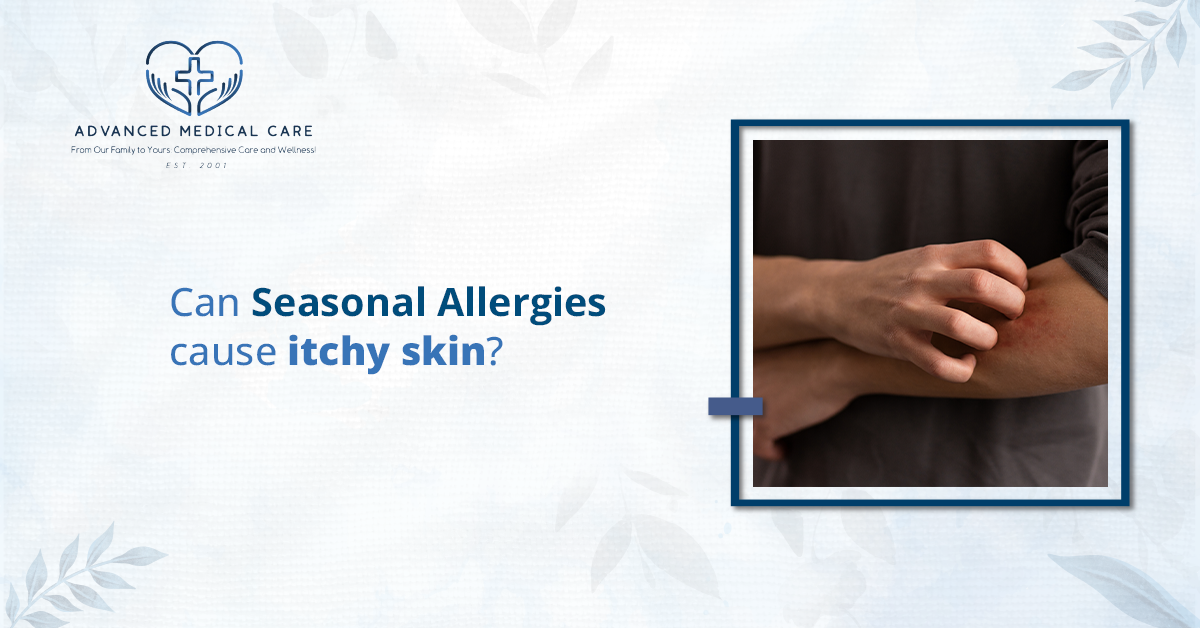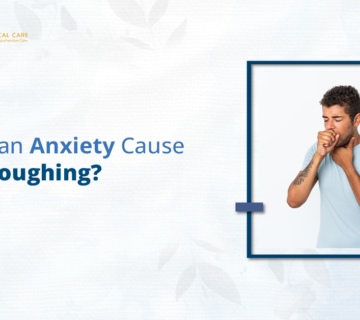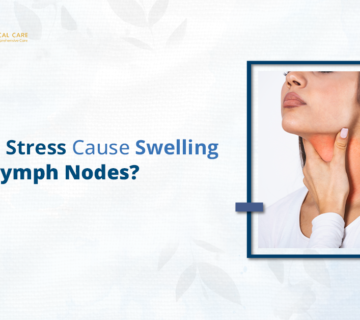Allergy season starts with sneezes, coughs, and watery eyes. But these are just the basics. Many hidden reactions also happen. Many also deal with itchy skin. This adds complexity to what should be a simple season. Have you ever wondered, “Can seasonal allergies cause itchy skin?” The answer is yes! Seasonal allergies can damage your skin, making it dry, red, and itchy. Some might even get rashes or hives. So, what causes this skin problem? First, we’ll explore how allergies impact the skin. Then, we’ll look for ways to ease the irritation.
Advanced Medical Care knows allergies affect skin health. Breathe easy this season. Our allergy specialists design comfort strategies exclusively for you. They will help you find comfort and clarity amid the pollen. Contact us today!
What Are Seasonal Allergies?
In spring, your body can overreact to harmless things. Pollen from flowers, grass, and trees fills the air. Your immune system wrongly views these as dangers. It then releases histamine. This leads to allergy symptoms. So, the beauty of nature becomes a discomfort for many. Histamine triggers a variety of symptoms. These range from itchy eyes to sneezing, and yes, itchy skin and seasonal allergies.
Why Do Seasonal Allergies Make Your Skin Itchy?
Histamine affects the skin and internal organs. When released, it can cause swelling and irritation. This leads to itchiness or red patches. People react differently, with some getting mild discomfort and others getting severe rashes and hives.
So, can seasonal allergies cause itchy skin? Yes. Seasonal allergies make skin itch. Your body responds excessively to allergens.
Can Pollen Cause a Rash?
Pollen sticks to skin, clothes, and hair, irritating sensitive people. Long exposure can cause an itchy, red rash. Delicate skin increases the risk. Awareness and precautions can reduce pollen-related skin problems.
Can Pollen Make Your Skin Itch?
Have you felt that familiar itch after springtime play? You’re not dreaming! “Can pollen make your skin itch?” Absolutely. Pollen makes you sneeze and irritates skin. Leaving it on your skin might make the itch worse. So, don’t forget to shower and change clothes after outdoor fun!
What Are Hives, and How Do They Relate to Allergies?
Hives are fiery red bumps that itch on your skin. They often itch and vary from tiny specks to broader patches. Allergy season often invites hives from pollen to the party. This occurs when histamine bursts forth, igniting your skin’s surface with a reaction.
Compresses reduce hive itch and swelling. Antihistamines provide fast relief. These remedies quickly ease itchy welts.
Symptoms of Skin Problems Caused by Allergies
Allergy-induced skin problems may vary by person. Here are the usual symptoms:
- Itchy Skin: Persistent scratching suggests that allergies may be bothering your skin.
- Rashes: Exposed skin often shows red, inflamed patches. Watch for these signs.
- Dry Skin: Allergies can render your skin feeling harsh and peeling.
- Hives: These popping, scratchy spots can show up anywhere on your body.
- Allergy-caused Face Rash: The soft skin on your face may react strongly to allergens. This causes blushing and discomfort.
Seasonal Allergies and Acne
Can seasonal allergies cause acne? Not directly, allergies can make acne worse. Itchy skin causes scratching, spreading bacteria, and clogging pores. Allergy medicines also dry out the skin. This leads to more breakouts, creating a cycle of skin problems.
Cleanse your face gently and avoid touching it to prevent acne and dryness. Choose non-allergenic products. These steps lead to healthier skin.
Psoriasis and Seasonal Allergies
Psoriasis leads to itchy, scaly skin patches. It’s due to excess skin cell growth. Seasonal allergies don’t cause psoriasis directly. However, they can worsen it. For instance, pollen may increase skin irritation. This makes psoriasis harder to manage.
Discuss combined treatments for psoriasis and allergies with your physician. Moisturize skin often. Avoid known allergens. It will help both conditions.
How to Treat Itchy Skin from Seasonal Allergies
Easing allergic skin itchiness isn’t tricky. Here’s a straightforward guide to finding comfort:
-
Avoid Allergens
- Stay indoors during peak pollen times. This protects your lungs. Enjoy the fresh air inside.
- Purify indoor air with high-quality filters.
- After outdoor activities, rinse away pollen. Clean clothes and hair thoroughly.
-
Moisturize Daily
After showering, apply a gentle, unscented lotion to retain moisture. This prevents dry, itchy skin, which worsens without hydration. A quick application keeps skin soft and free of itch.
-
Use Cool Compresses
Itchy, irritated skin finds relief in a soothing, moistened cloth’s cool touch.
-
Take Antihistamines
Common antihistamines found easily at stores counteract the histamine-causing itchy skin. They successfully reduce issues such as rashes or hives, and even sneezing.
When to See a Doctor
Allergy symptoms can sometimes escalate into a storm. Here’s when to consult a doctor:
- Swift rash expansion or rapid hive growth warrants immediate attention.
- When drugstore remedies fail to quell your itch, seek a doctor’s expertise.
- Face or throat swelling is a severe allergy warning. Get help fast.
Your doctor may prescribe stronger medications for relief. These include potent antihistamines or steroid creams.
Can Pollen Cause Hives?
Hives from pollen often show up as tiny, itchy welts. They sprout swiftly after contact with allergens. While these pesky welts can be quite bothersome, don’t fret; they usually fade within hours or days. A soothing cold compress or a handy antihistamine can quell the itch, bringing relief.
Connection between Allergies and Face Rash
A face rash can signal seasonal allergies. It often occurs due to skin exposure. This leads to irritation, redness, and mild, persistent pain. To find relief, use gentle cleansers first. Apply soothing lotions. This comfort eases the unpleasant sensations.
Why Seasonal Allergies Can Feel Worse
When allergy season hits, many find their skin reacting more. Here’s the reason:
- More Pollen: Spring and fall bring high levels of pollen, causing more allergies.
- Dry Weather: Itchy skin worsens as dry, windy weather strips away moisture.
- Existing Skin Issues: Eczema and psoriasis flare-ups often coincide with allergy seasons. This worsens skin conditions.
Let’s Conclude Can Seasonal Allergies Cause Itchy Skin?
Can seasonal allergies cause itchy skin? Without a doubt, they can. Allergy sufferers often get itchy rashes, hives, and acne. However, relief is attainable. First, avoid triggers and hydrate your skin. Then, use effective treatments. For instance, cool compresses ease inflammation. Antihistamines reduce reactions. With care, you can keep your skin comfortable during allergy season. So, stay alert and treat your skin well for the best results.
Worsening symptoms require quick medical attention. Doctors are good at fixing tough allergy-related skin problems. So, don’t wait to seek expert help for ongoing issues.
Don’t allow allergies to ruin your enjoyment. Be confident this season and breathe easily. Use smart strategies to enjoy every moment.
FAQs
Can pollen cause a rash?
Indeed, a direct encounter with pollen may provoke sensitive skin. For some, this results in pesky rashes that can be quite bothersome.
What are hives from pollen?
Allergy season often triggers red, itchy bumps called hives. They are a common reaction to pollen.






No comment